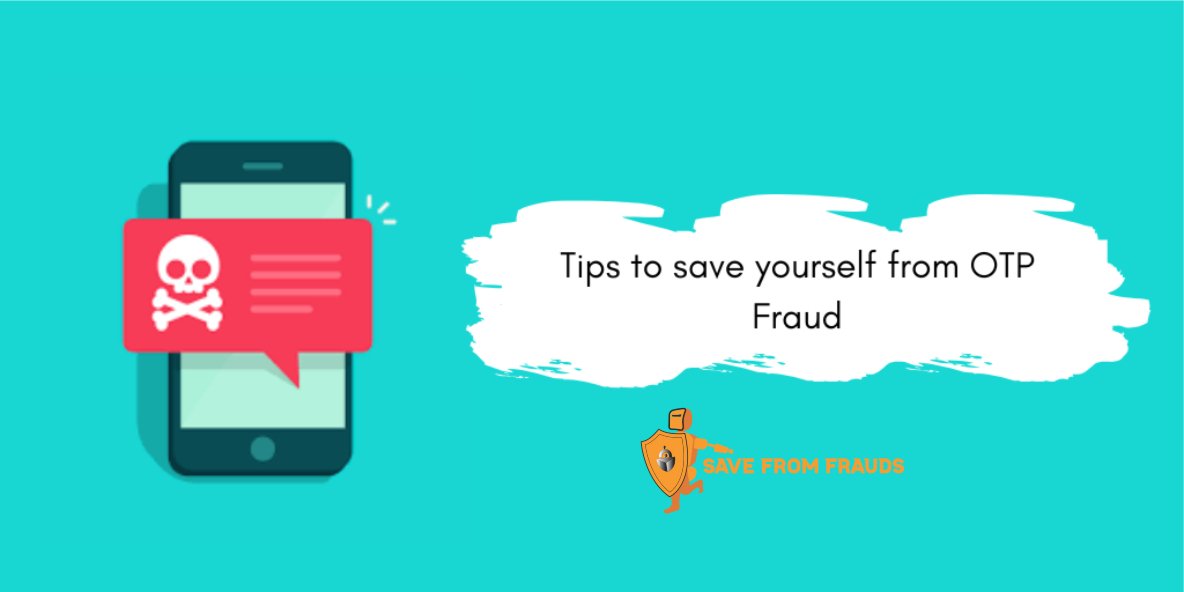
OTP fraud is a widespread form of fraud in which many people have lost lakhs of rupees. Many people lose money as a result of OTP fraud due to a lack of understanding. People are also unaware that One Time Passwords (OTPs) must never be exchanged. If you share the OTPs your bank sends to you, fraudsters can easily withdraw funds from your bank account. OTPs are confidential and should not be shared with others.
Additionally, do not fall victim to this OTP scam. The methods by which OTPs are stolen
OTPs are often stolen in two ways:
1. In the first technique, victims are duped into providing their OTPs through phone calls, emails, or SMS.
2. Other tactic fraudsters use to steal OTPs is to create malware that corrupts or gains access to a mobile device in order to obtain the OTPs.
When stealing OTPs, fraudsters contact the victims and dupe them:
The following are some of the scams perpetrated by fraudsters:
1. Renewing debit or credit cards
Under this scheme, fraudsters contact innocent citizens posing as bank representatives and informing them that their credit or debit cards must be renewed immediately to avoid being blocked. Victims will be required to include their card information and OTP to renew.
2. Updating your Know Your Customer (KYC) information
Victims will receive an SMS or email containing links requesting that they update their KYC information. When the victim clicks on that connection, he will be prompted to enter some information, including the OTP.
3. Cashbacks or reward points
In this scam, fraudsters contact unsuspecting individuals and claim they are eligible for cashback or have unused reward points. They will be required to include the OTP to assert these points.
How to protect yourself from OTP fraud?
1. Never disclose your OTP to someone.
Since OTPs are intended to be kept private, you must never share them over the phone, via SMS, or via email. No banks or reputable organizations can contact you to request the OTP.
2. You do not need an OTP in order to receive money.
OTP is needed only when sending money; it is not required when receiving money. Numerous individuals have been duped by fraudsters who say they must exchange OTPs in order to receive money into their bank accounts.
3. Avoid installing suspicious applications on your phone.
Fraudsters snatch OTPs from your phone using phoney software. You must exercise caution when downloading apps to your computer. Be sure to only download applications from reputable app stores and to conduct a comprehensive background check.
4. Make contact with legitimate customer service numbers.
If you wish to reach a company's customer service department, ensure that the number you dial is authentic. This is because fraudsters have developed numerous phoney customer service teams for the sole purpose of gathering personal information such as credit card numbers and one-time passwords. As a result, you can never rely on a customer service number that appears on Google. Other than that, you must visit the company's official website and collect the contact information for the customer service team.
Are you dissatisfied with a product or service? Visit savefromfrauds.com's complaint portal and submit your complaint. We'll contact the appropriate agency and assist you in resolving the problem. We publish articles and videos daily to raise awareness about fraudulent activities.